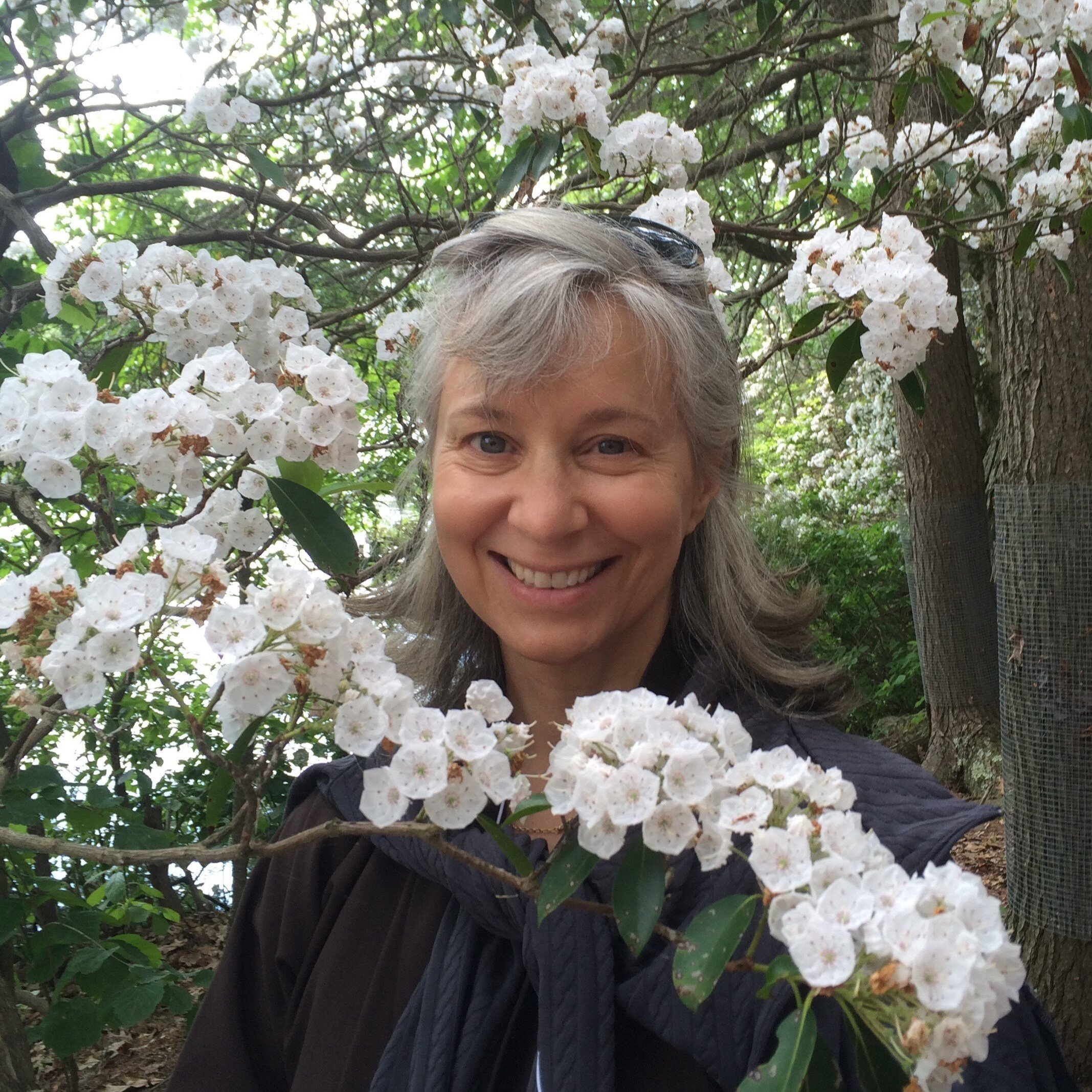Celia Landman’s new book is When the Whole World Tips: Parenting Through Crisis with Mindfulness and Balance. As the deliberately plainspoken titling suggests, the book provides something of a familially psychosocial and interpersonal roadmap, along with extensive emotional coaching. Landman is extremely generous with dishing out emphasis on the parent’s own emotional health, showing the symbiosis between one’s own self-possessive wellbeing and that of their child. It’s a beautiful sentiment, and not often one we see reflected in self-help books of this nature, particularly not ones about parenting.
ABOUT THE AUTHOR: https://celialandman.com/
But then again, the backdrop reflected in the book’s summarizing titling was and is so anomalous, and so all-encompassing in its considerable ramifications, that perhaps this objectively supports the atypical focal points Landman emphasizes. Perhaps it’s obvious, not remarkable – although in my view, it’s certainly remarkable – that the symbiosis between parent and child would take front and center a nonfiction subcategory often dependent on a black-and-white focus. In another tip of the hat to the ideologies Landman promotes, what current events have done is simultaneously expand one’s sense of themselves, and the world around them.
Once again, Landman proves herself a keen and insightful observer to incorporate this fluidly in the read. It makes part and parcel the central cruxes of each of her arguments, and is reminded to the reader through the highly effective ‘show, don’t tell’ communicative ability. Landman never comes across as one who needs to justify. In fact, it’s just the opposite. She’s confident in the information she’s stating so much everything can be relaxed, amiable, and not overwhelming. Presentationally, this is yet another facet adding to the solidity of her work.
“This book addresses the fundamental struggle of parenting: loving someone and being powerless to keep them from pain. The ancient Buddhist practice of equanimity, which I call loving and allowing, can give us a way to come home to our ability to love without losing ourselves in suffering. Allowing is not being permissive or passive, nor is it resisting or denying. It is understanding the whole of my experience with a heart wide enough to hold the suffering of my child, and myself.
This balance creates a spaciousness able to include everything and to embrace feelings of helplessness and fear while being willing to continue trying,” Landman writes. “…I use the words practice, practitioner, and practicing often in this book. For me, these words signify both the effort of integrating specific teachings and the impact doing so can have on our lives. These words demonstrate that what we do has an effect. If I am a musician, I practice translating the written language of music into a living experience, and I get better at doing so over time. In the same way, I get more skillful at transforming the stuck and painful places in myself when I practice.
When I remember to attend to my body, my breath, and my feelings, and to balance myself with the laws of reality, I transform information into a cellular, lived experience that makes all the learning worthwhile and valuable.”
Garth Thomas

